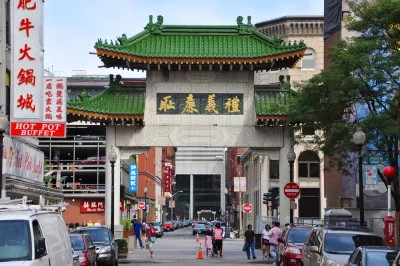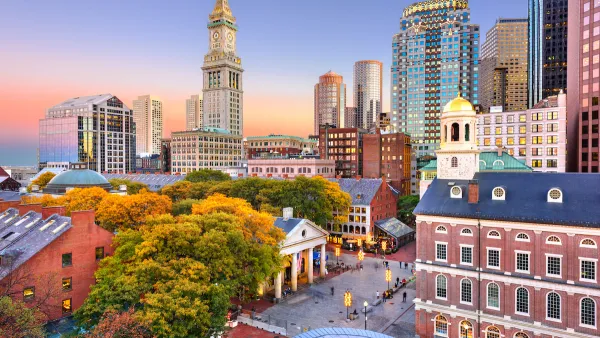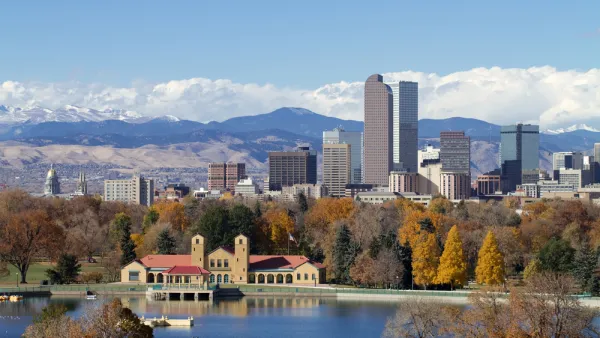The increasingly popular community-oriented mechanism makes neighbors into property owners and preserves affordable housing in perpetuity.

An article by Alexander Thompson and Jocelyn Yang highlights the benefits of community land trusts, which “are pursuing a novel solution to the nation’s affordable housing crisis: They’re buying their own properties to preserve them as affordable housing in perpetuity and give residents more say over what happens in quickly changing neighborhoods.”
“As neighborhoods change and gentrify really fast, the idea of having community control and having more say about how neighborhoods are changing and who’s going to be able to live in the neighborhood over time, from an affordability perspective, I think becomes really important,” says Beth Sorce, who works with community land trusts nationwide at the Grounded Solutions Network, an affordable housing advocacy group.
Imported from Israel’s kibbutzim in the 1970s by Charles Sherrod, the community land trust concept focuses on affordability and community control. Land trusts “reduce the discrimination baked into that system and empower communities to actively fight it,” says Andre Perry, a housing policy expert at the Brookings Institution. “The trust, which is governed democratically by residents and neighbors, can decide to whom the dwelling can be sold and at what price, usually through a covenant in the lease. This ensures the property remains affordable.”
The article highlights Boston’s Chinatown Community Land Trust, which has acquired seven units, and several other trusts around the country. “Really, land trust leaders say, homeownership is just one aspect of their focus on what [Sheldon Clark, who recently served as president of the board of the Douglass Community Land Trust in Washington, D.C.,] calls the “big C” in community land trusts: the community.”
FULL STORY: In Boston, housing that’s affordable – because the community owns the land

Analysis: Cybertruck Fatality Rate Far Exceeds That of Ford Pinto
The Tesla Cybertruck was recalled seven times last year.

National Parks Layoffs Will Cause Communities to Lose Billions
Thousands of essential park workers were laid off this week, just before the busy spring break season.

Retro-silient?: America’s First “Eco-burb,” The Woodlands Turns 50
A master-planned community north of Houston offers lessons on green infrastructure and resilient design, but falls short of its founder’s lofty affordability and walkability goals.

Test News Post 1
This is a summary

Analysis: Cybertruck Fatality Rate Far Exceeds That of Ford Pinto
The Tesla Cybertruck was recalled seven times last year.

Test News Headline 46
Test for the image on the front page.
Urban Design for Planners 1: Software Tools
This six-course series explores essential urban design concepts using open source software and equips planners with the tools they need to participate fully in the urban design process.
Planning for Universal Design
Learn the tools for implementing Universal Design in planning regulations.
EMC Planning Group, Inc.
Planetizen
Planetizen
Mpact (formerly Rail~Volution)
Great Falls Development Authority, Inc.
HUDs Office of Policy Development and Research
NYU Wagner Graduate School of Public Service



























